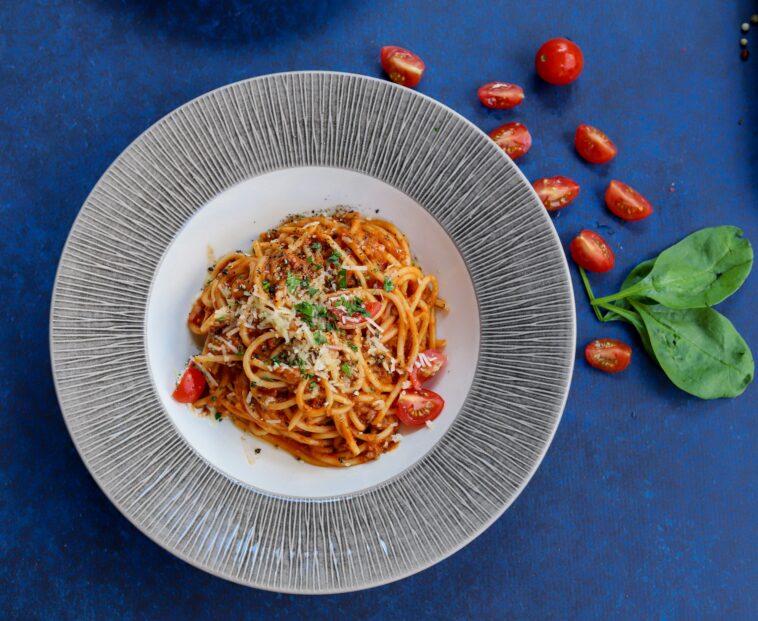Introduction:
The English breakfast, a revered culinary tradition steeped in history, has undergone a fascinating evolution in recent years. While traditionalists continue to cherish the classic combination of bacon, eggs, and sausages, contemporary chefs and food enthusiasts are reimagining this iconic meal with innovative ingredients, culinary techniques, and global influences. In this article, we embark on a journey to explore the modern interpretations of the English breakfast, discovering how it continues to adapt and thrive in an ever-changing culinary landscape.
The Evolution of the English Breakfast:
From its humble origins as a simple morning meal enjoyed by rural laborers to its status as a symbol of British gastronomy, the English breakfast has evolved significantly over the centuries. While the traditional components remain beloved staples, modern interpretations embrace diversity, creativity, and experimentation. Influenced by multiculturalism, health consciousness, and sustainability, contemporary chefs are challenging conventions and pushing the boundaries of tradition.
Modern Components and Variations:
Innovative ingredients and culinary techniques have given rise to a myriad of modern interpretations of the English breakfast. Plant-based alternatives such as tofu scramble and vegan sausages cater to the growing demand for vegetarian and vegan options, offering a lighter and more sustainable alternative to traditional meat-based fare. Avocado toast, a global phenomenon, has found its way onto breakfast plates, adding a creamy and nutritious twist to the classic meal.
Regional variations also play a significant role in shaping modern English breakfasts. In coastal regions, seafood takes center stage, with smoked salmon, shrimp, and crab making appearances alongside traditional components. In urban hubs, multicultural influences are evident, with fusion dishes blending British staples with flavors from around the world, such as kimchi-topped eggs or Indian-spiced beans.
Health and Wellness Trends:
As health and wellness become increasingly important considerations for consumers, the English breakfast has adapted to accommodate dietary preferences and restrictions. Lighter options featuring poached eggs, grilled vegetables, and whole grain toast cater to health-conscious diners looking for nutritious yet satisfying breakfast choices. Superfood additions such as spinach, kale, and quinoa provide an extra boost of vitamins and minerals, enhancing the nutritional profile of the meal.
Furthermore, emphasis on locally sourced, organic ingredients underscores a commitment to sustainability and environmental stewardship. Farm-to-table initiatives promote transparency and traceability, ensuring that the food on breakfast plates is not only delicious but also ethically sourced and environmentally responsible.
Cultural Fusion and Innovation:
The modern English breakfast is a celebration of culinary fusion and innovation, reflecting the dynamic nature of contemporary British cuisine. Fusion cafes and brunch spots across the country offer eclectic menus that blend traditional British breakfast fare with global flavors and culinary techniques. From Japanese-inspired breakfast bowls to Middle Eastern-inspired shakshuka, these inventive creations showcase the diversity and creativity of modern British cooking.
Conclusion:
As the culinary landscape continues to evolve, the English breakfast remains a versatile and enduring symbol of British gastronomy. While rooted in tradition, modern interpretations of this iconic meal embrace innovation, diversity, and sustainability, reflecting the ever-changing tastes and values of contemporary society. Whether enjoyed in a trendy café, a cozy neighborhood bistro, or the comfort of home, the English breakfast continues to captivate and inspire, proving that tradition and innovation can coexist harmoniously on the breakfast table.

